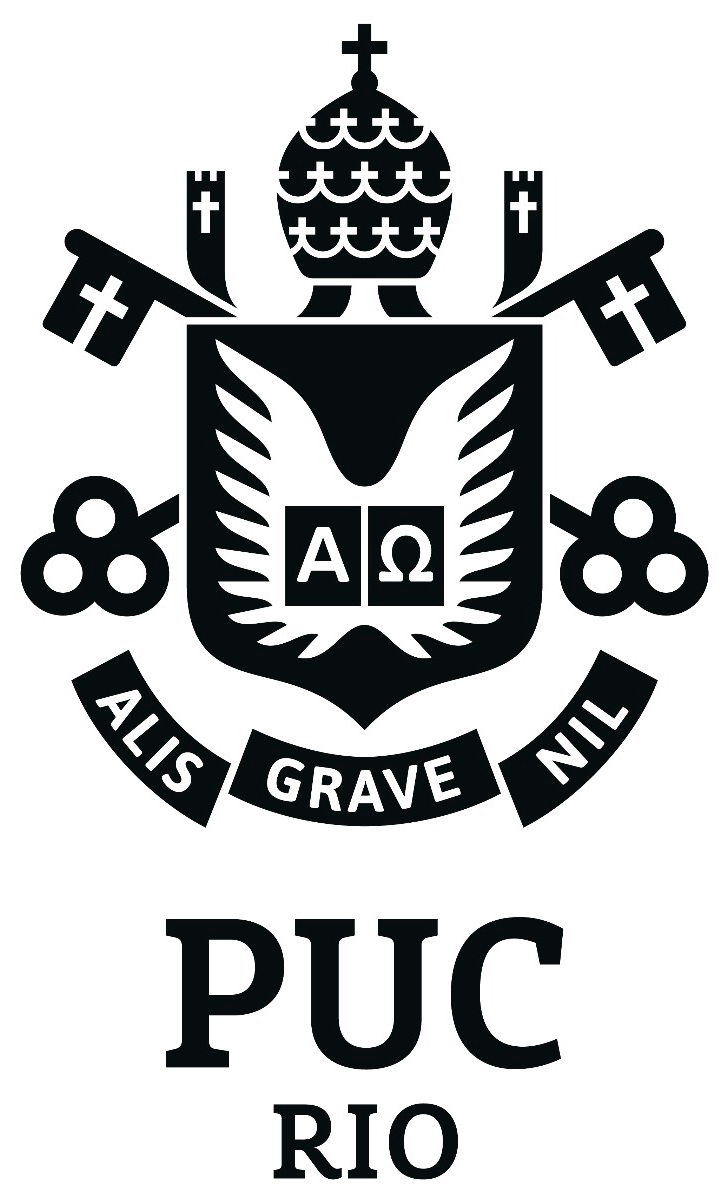Samaritan Bundles: Inefficient Clustering in NGO Projects
Economic Journal, v. 130, p. 1541–1582, 2020
Thierry Verdier.
Acesse o artigoThis article provides a theoretical framework to understand the tendency of non-governmental organisations (NGOs) to cluster and the circumstances under which such clustering is socially undesirable. NGOs compete through fundraising for donations and choose issues to focus their projects on. Donors have latent willingness-to-give that may differ across issues, but they need to be ‘awakened' to give. Raising funds focusing on the same issue creates positive informational spillovers across NGOs. Each NGO chooses whether to compete in the same market (clustering) with spillovers, or to face weaker competition under issue specialisation. We show that equilibrium clustering is more likely to occur when the share of multiple-issue donors is relatively large, and when the fundraising technology is sufficiently efficient. Moreover, this situation is socially inefficient when the cost of fundraising takes intermediate values and the motivation for donors’ giving is relatively high. We illustrate the mechanisms of the model with several case studies
Veja também
The Value of Health Insurance: A Household Job Search Approach ( a sair)
Journal of Labor Economics, 2025
Gabriela Conti, Renata Narita, Rita Ginja.
Targeting in Adaptive Networks
Journal of Economic Theory, v. 228, 2025
Timo Hiller.
Tradeoffs and synergies for agriculture and environmental outcomes in the tropics (a sair)
Review of Environmental Economics and Policy, 2025
Fanny Moffette, Jennifer Alix-Garcia, Juliano Assunção, Prakash Mishra, Teevrat Garg.

